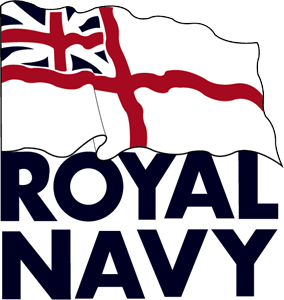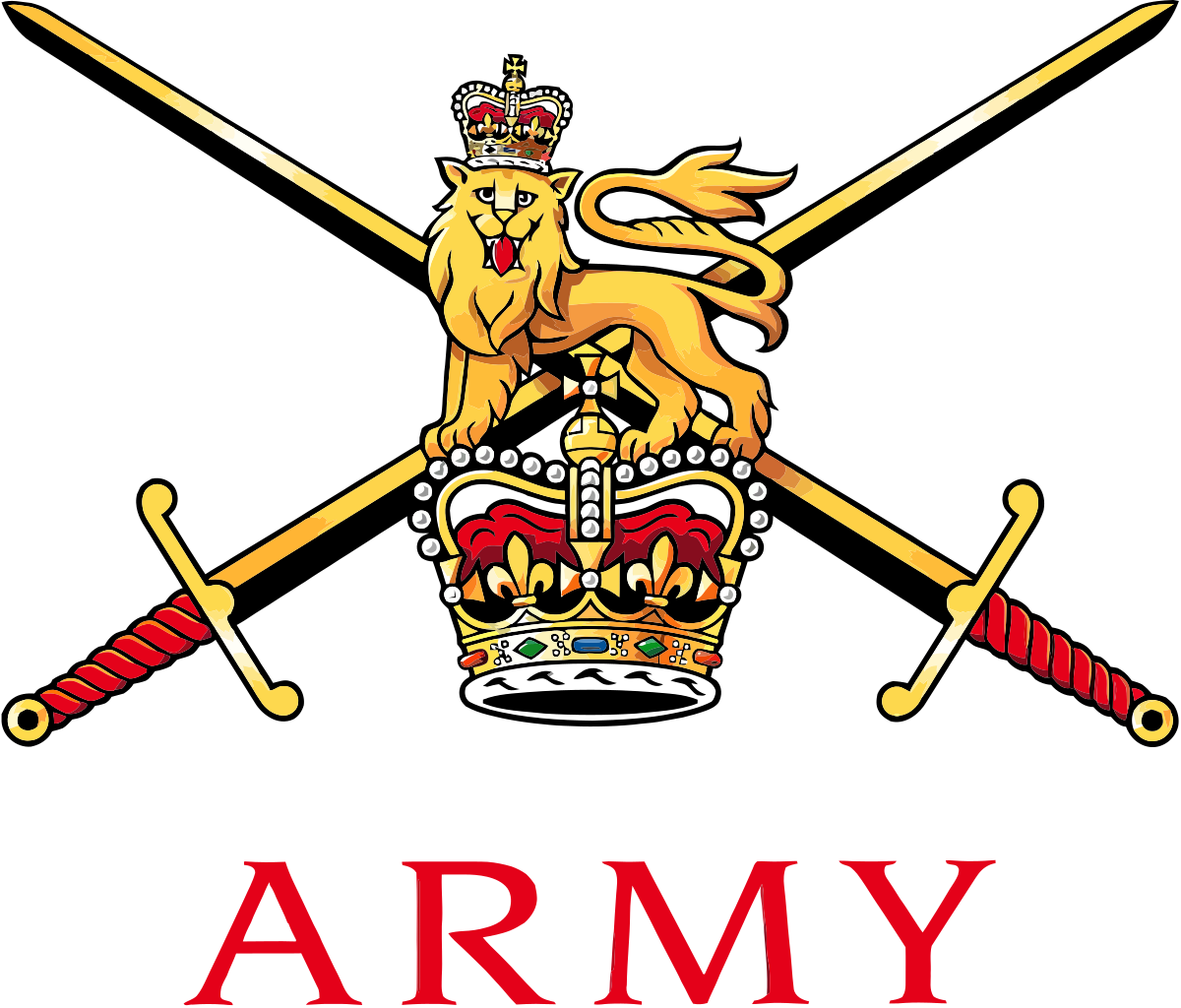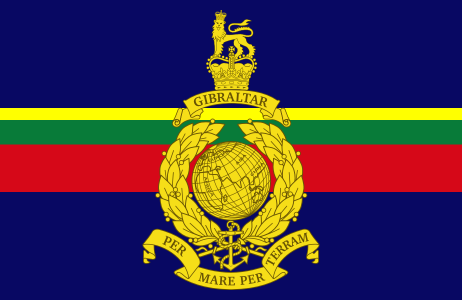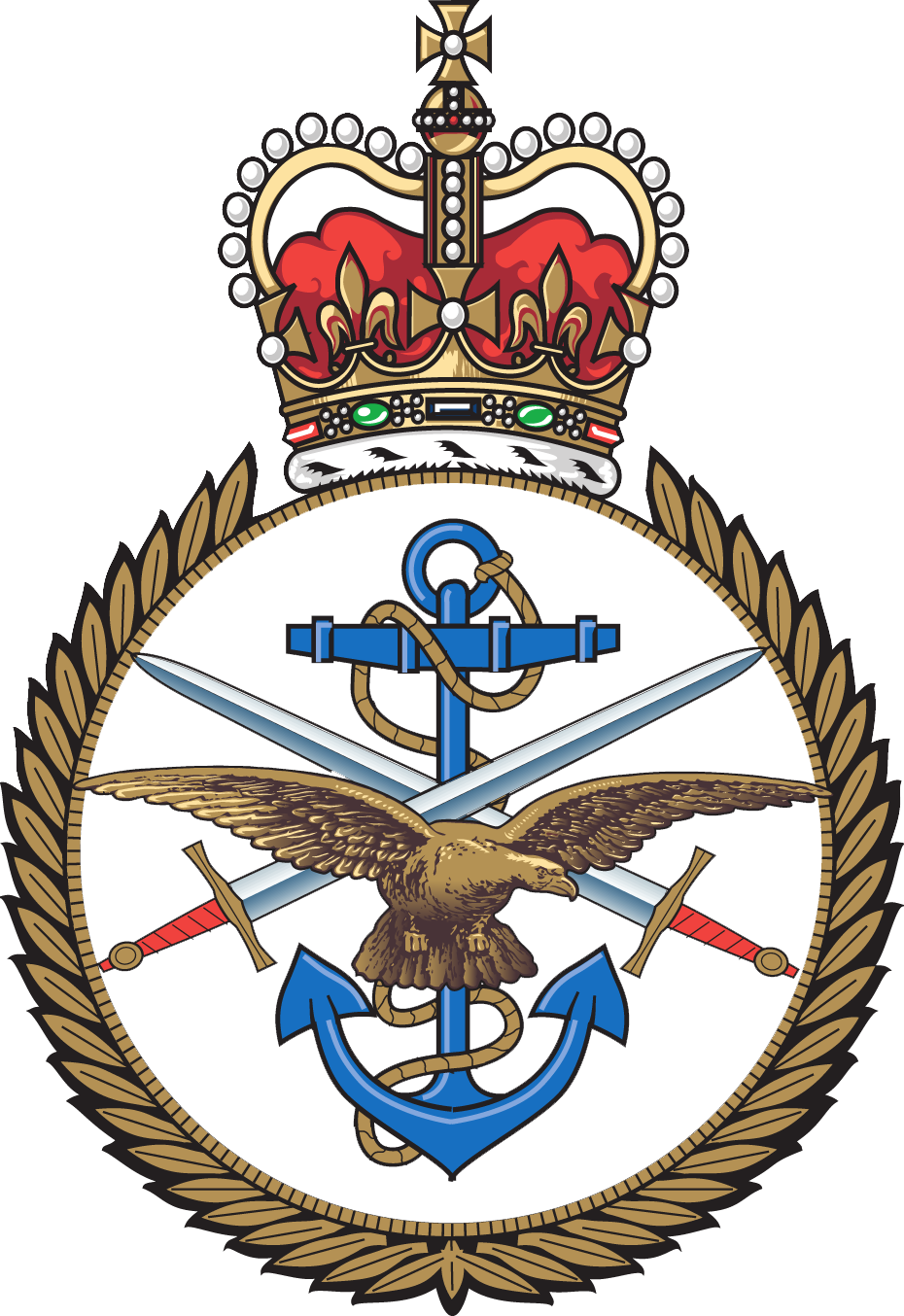UK Armed Forces Weekly News Roundup (29 August–5 September 2025)
Welcome to this week’s British military news update. We cover the latest developments across the British Army, Royal Navy, Royal Marines, Royal Air Force, and veterans’ affairs. This edition features underwater autonomy advances, arctic defence partnerships, industrial upgrades, and strategic alliance engagement. Here’s everything current and impactful on the UK Armed Forces horizon.
British Army: Armoured Fleet Support and Digital Warfare Edge
This week, the Ministry of Defence confirmed a £20 million contract with Cook Defence Systems to supply vital spare tracks for the Army’s armoured fighting vehicle fleet. The deal supports 125 jobs in the North East and enhances maintenance and readiness for Ajax and Boxer vehicles under intense operational tempo.
In line with modernising combat capabilities, the Dismounted Data System project (Asgard) has reached a milestone with delivery of a new integrated battlefield data terminal. This portable device helps soldiers rapidly identify and neutralise threats more accurately and faster on the ground than previous systems.
Royal Navy: Arctic Frigate Alliance and Autonomous Naval Projects
In a historic move, the UK signed a £10 billion agreement with Norway to export five Type 26 anti‑submarine frigates. These will form part of a combined British‑Norwegian fleet, enhancing NATO’s northern maritime defences. The deal is expected to support 4,000 UK jobs and over 400 businesses across the shipbuilding sector, driving growth and innovation domestically.
Meanwhile, the Royal Navy’s autonomy programme continues to gain traction. A medium-sized autonomous naval craft is being developed through a partnership with American contractor Leidos. It’s designed to support rapid tactical deployments, reinforcing the UK’s growing focus on unmanned naval systems.
Finally, Norway, uniquely, will share ships and crews with the Royal Navy—a combined force aimed at guarding the Arctic against escalating Russian submarine activity. The first of the UK’s new Type 26 frigates, the HMS Glasgow, will be crewed by both British and Norwegian sailors, showcasing deep defence interoperability.
Royal Marines: Amphibious Vision and Fast‑Response Capability
The Royal Marines remain central to future amphibious warfare design. Naval planners shared refined specifications for the Multi‑Role Strike Ships (MRSS) under development. These platforms will replace legacy amphibious ships and be capable of launching drones, supporting Commando Insertion Craft, operating from well docks, and potentially hosting directed‑energy weapons. The Marines will benefit from greater mobility and modern strike capabilities delivered from sea.
Royal Air Force: Strategic Alliances and Export Prospects
Across NATO, the RAF continues supporting air policing operations in Eastern Europe, reinforcing alliance airspace readiness and deterrence.
In industrial news, the UK is in advanced defence negotiations with Denmark and Sweden to build Type 31 Arrowhead frigates for their navies. These exports are expected to deliver economic benefits and reinforce the UK’s role as a trusted security partner in Northern Europe.
Veterans’ Affairs: Stability, Remembrance, and Defence Industry Confidence
Veteran and defence leadership remain visible on the global stage. The Chief of Defence Staff delivered his final speech in Washington DC, emphasising the value of transatlantic military cooperation, alliance integrity, and the importance of supporting service personnel and veterans.
Meanwhile, stock markets responded favourably to the Norway frigate export deal—shares in defence firms like BAE Systems and Babcock rose on investor optimism over export growth and job preservation in the sector.
Strategic Summary
This week’s news underlines the UK’s strong performance in global defence diplomacy, industrial growth, and modernisation. Armoured vehicle support, autonomous naval craft, Type 26 exports, and futuristic amphibious designs all point to a modern, capable, and strategically engaged UK Armed Forces. Plus, robust international partnerships—from security in the Arctic to collaborative shipbuilding signal Britain’s leadership role on the maritime and defence industry stage.
Keep Following Our Weekly Updates
That concludes this week’s UK Armed Forces Weekly News Roundup. From logistics and autonomy to alliance-building, amphibious capability, and industrial success—every development brings deeper relevance to British military affairs.
Explore our military-themed prints, honouring iconic warships, fast jets, and Royal Marines scenes in vivid artistry. Whether you are a veteran, enthusiast, or supporter, our collection reflects the spirit and service of Britain’s armed forces.
Return next Friday for your next UK Armed Forces Weekly News Roundup.









